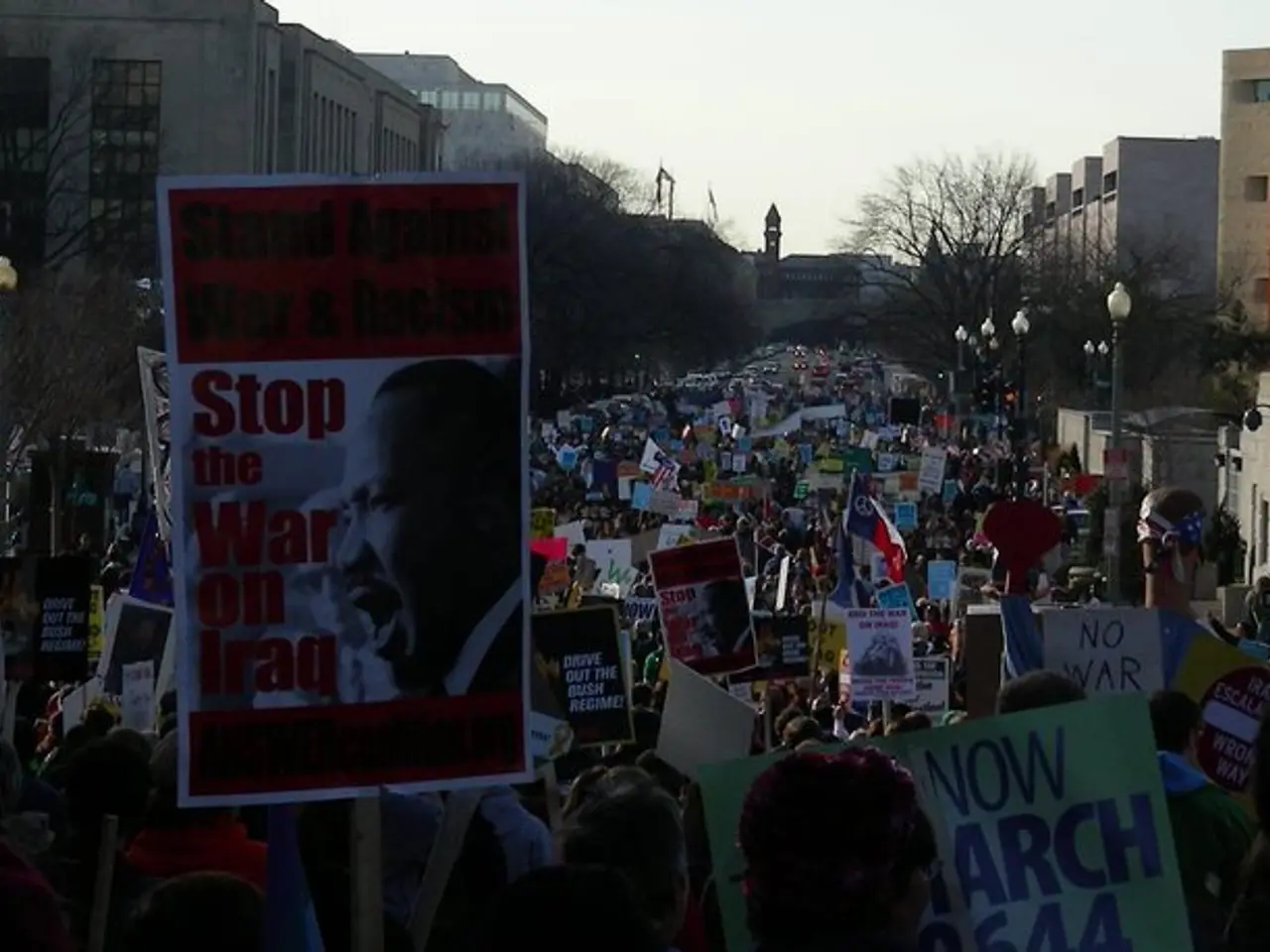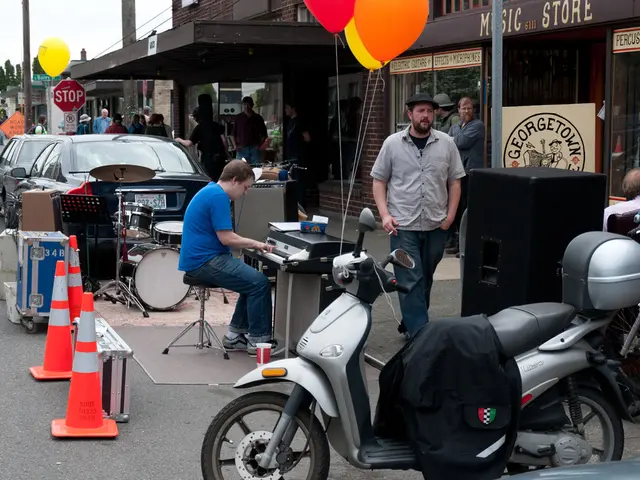Chaotic Scene as Young Protesters Violently Rush Parliament, Demanding Lift on Social Media Ban and Anti-Corruption Measures in Nepal
Last week, Nepal experienced a social media shutdown, sparking nationwide protests in Kathmandu against the government's crackdown on these platforms. The protests, which took place on September 8, were primarily led by young people, activists, students, and public figures who accused the government of censorship.
The government's decision to shut down social media was due to concerns over the misuse of these platforms. According to officials, users with fake IDs have been spreading hate speech, fake news, committing fraud, and other crimes via these platforms. This move comes amidst global efforts by governments, including the US, EU, Brazil, India, China, and Australia, to tighten oversight of social media and Big Tech.
The protests were not only against the social media shutdown but also against alleged government corruption. Protesters carried placards with slogans such as "Shut down corruption and not social media", "Unban social media", and "Youths against corruption".
The curfew, expected to remain in force until 10pm local time, was imposed around the parliament building in Kathmandu following attempts by thousands of protesters to enter the legislature by breaking a police barricade. Muktiram Rijal, a spokesperson for the Kathmandu district office, stated that the curfew was imposed to bring the situation under control after protesters began to turn violent.
Police were ordered to use water cannons, batons, and rubber bullets to control the crowd, according to Muktiram Rijal. Nepali police used tear gas and rubber bullets to disperse protesters trying to enter parliament in Kathmandu on September 8.
Critics argue that many of these measures risk stifling free expression, while regulators argue stricter controls are needed to protect users and preserve social order. Many people in Nepal believe corruption is rampant, and the government of Prime Minister K.P. Sharma Oli has been criticized for failing to deliver on its promises.
The social media platforms, including Facebook, that were blocked in Nepal last week due to failure to register with authorities remain inaccessible, leading to concerns about the potential long-term impact on freedom of speech and the ability to organise peaceful protests in the future.








